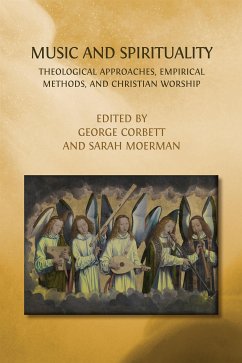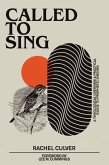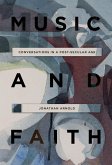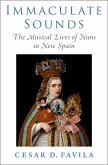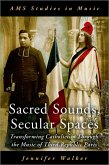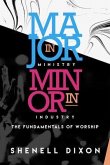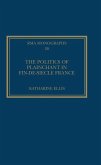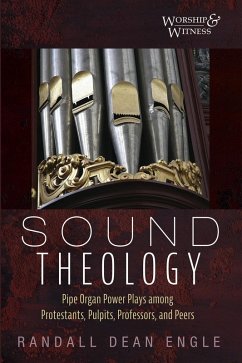The composer Sir James MacMillan has often referred to music as 'the most spiritual of the arts', and for many people, regardless of religious affiliation, this rings true. In listening to music, we are drawn to dimensions of human experience beyond the material. This collection brings together leading scholars from various disciplines - including Christian theology, musicology, and psychology and neuroscience - to interrogate the intimate relationship between music and spirituality. Organised in three parts - theological approaches, empirical methods, and Christian worship - the volume covers a vibrant array of topics. From examining how the Covid-19 pandemic has reshaped the profile of contemporary worship to investigating the spiritual effects of bodily positioning in liturgical spaces, from exploring spiritual experience through heart and breathing activity, electrodermal activity, and saliva samples to comparing the spiritual experiences of British Methodists with Welsh sporting fans, these essays attend to the lived reality of people's perceived spiritual experiences through music. This collection will be an invaluable resource for scholars in the growing field of Christian theology and music, and will serve as a cornerstone for future research at the intersection of theology, music, and psychology and neuroscience. It will also appeal to anyone curious about why music consistently, across cultures, occupies a unique space bridging the material and spiritual dimensions of human life.
Dieser Download kann aus rechtlichen Gründen nur mit Rechnungsadresse in A, B, BG, CY, CZ, D, DK, EW, E, FIN, F, GR, HR, H, IRL, I, LT, L, LR, M, NL, PL, P, R, S, SLO, SK ausgeliefert werden.

